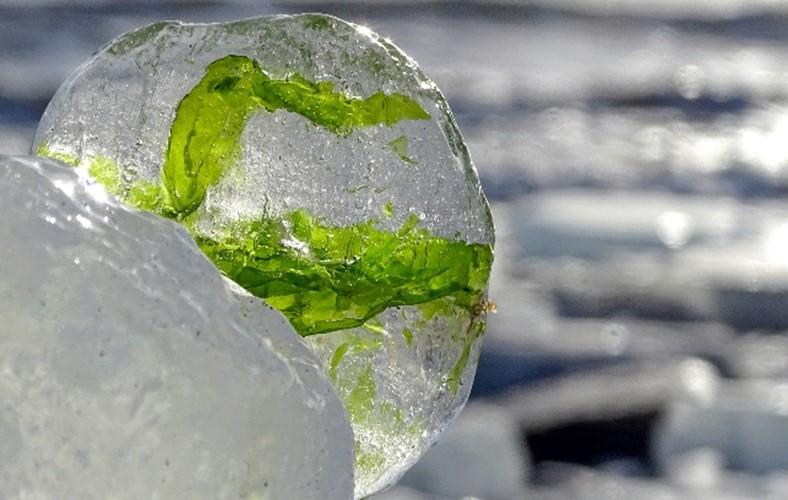Transformative change towards sustainable blue food systems in Northern Norway

Humanity is facing a convergence of ecological crises, including a dramatic loss of biodiversity, extensive and persistent problems of pollution, and the rapid onset of climate change. These are intertwined with deepening social and economic crises, such as inequity, polarisation, conflict and war. Despite widespread acknowledgment of the urgent need for solutions to these interconnected social-ecological problems, no significant impact on negative trajectories has been made. This has led to increasing international emphasis on the need for radical transformative change. Transformative change is “a fundamental, system-wide reorganization across technological, economic and social factors, including paradigms, goals and values” (IPBES 2019). Transformative change therefore requires shifts in the views and values we hold individually and collectively as a culture, shifts in the institutions and structures that shape our society, and shifts in the actions and practices of our daily lives.
This PhD project focuses on the concept and practice of transformative change for sustainable and equitable futures. This includes exploring the meaning and different dimensions of transformative change, deepening our understanding of the barriers and enablers to transformative change, and experimenting with how to advance transformative change in practice. To ground its investigation into these larger questions, the project will focus on blue food systems in Northern Norway.
The aims of this project are to:
- Examine and advance theories of transformative change for sustainable and equitable futures.
- Investigate the potential for transformative change in blue food systems in Northern Norway.
- Perform transdisciplinary research with coastal communities to deepen insights regarding drivers, barriers, and enablers to establishing sustainable future blue food systems in Northern Norway.
The research in this PhD project may be performed in relation to a particular selected case study (e.g. sea urchin harvesting, low trophic aquaculture such as seaweed or shellfish farming, or their integration through approaches such as 3D ocean farming or integrated multitrophic aquaculture). Alternatively, the PhD project may choose to develop insights on transformative change through working across a range of emerging and innovative developments in the blue food industry in Northern Norway.
This PhD fellow is an integrated member of the sustainability hub at BFE, which includes the Arctic Sustainability Lab. The PhD project also has opportunities to connect with local and international research collaborations on related topics. There are, for example, possibilities to connect to the international EU Horizon AA_Agora project, which aims to create a lighthouse for transformative change for enhancing climate resilience of socio-ecological systems in the Arctic and Atlantic coastal region. It is also possible to draw on the research of the CoastShift project, which aims to evaluate pathways toward an area-optimal sustainable production of more local, healthy food, while minimizing the impact on the arctic ecosystem along the coast. The fellow also has opportunities to connect with and potentially feed into the ongoing IPBES Transformative Change Assessment, specifically through the involvement of the project’s supervisors as coordinating and lead authors in this important international initiative.
IPBES (2019): Global assessment report on biodiversity and ecosystem services of the Intergovernmental Science-Policy Platform on Biodiversity and Ecosystem Services. E. S. Brondizio, J. Settele, S. Díaz, and H. T. Ngo (editors). IPBES secretariat, Bonn, Germany. 1148 pages. https://doi.org/10.5281/zenodo.3831673